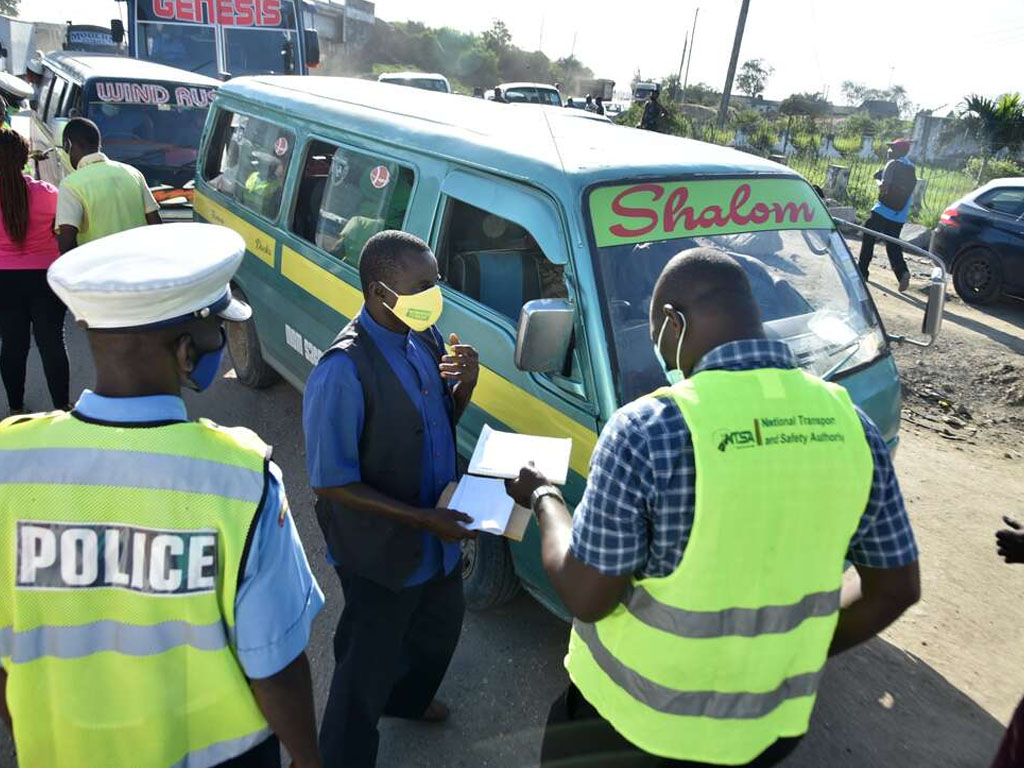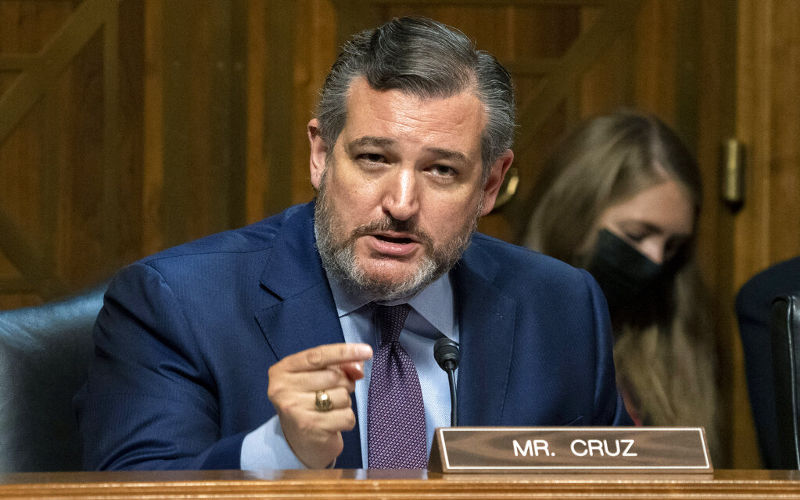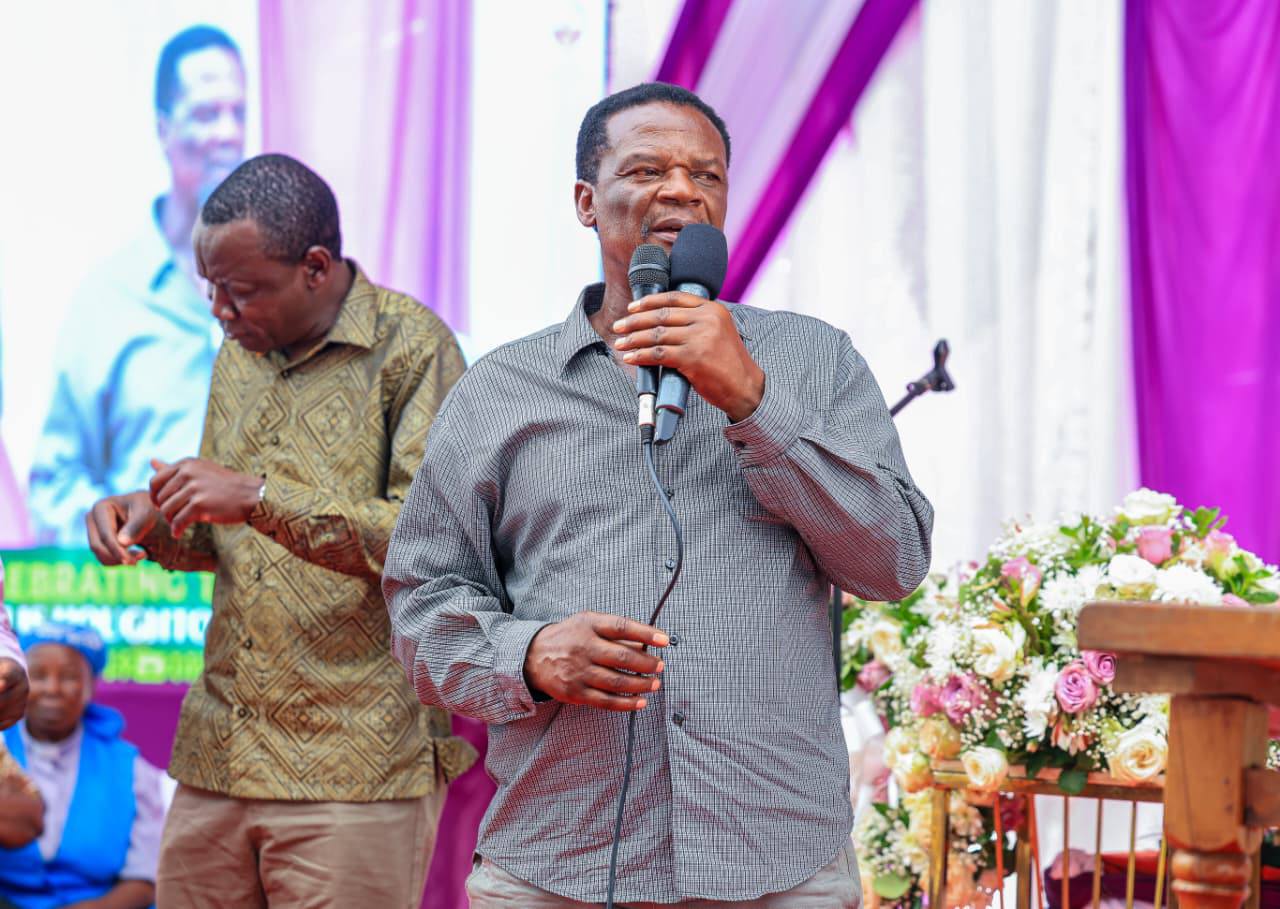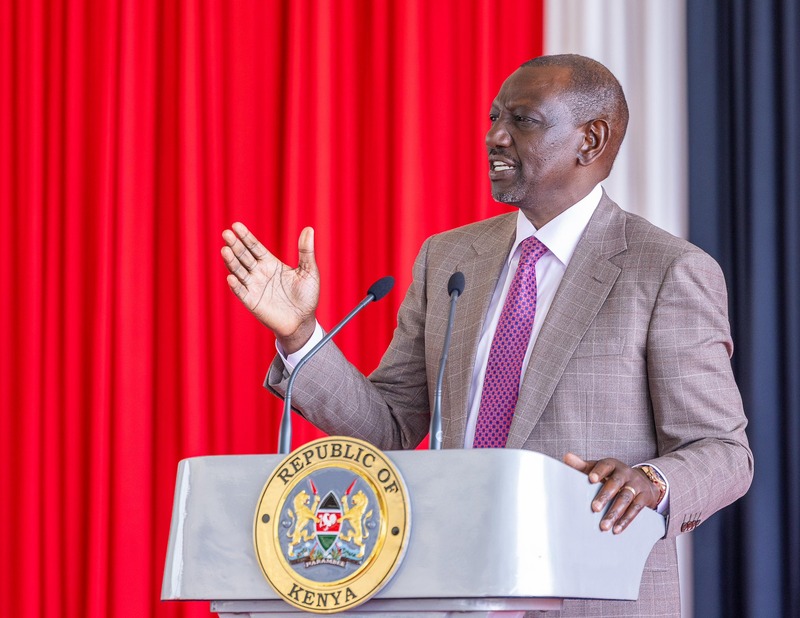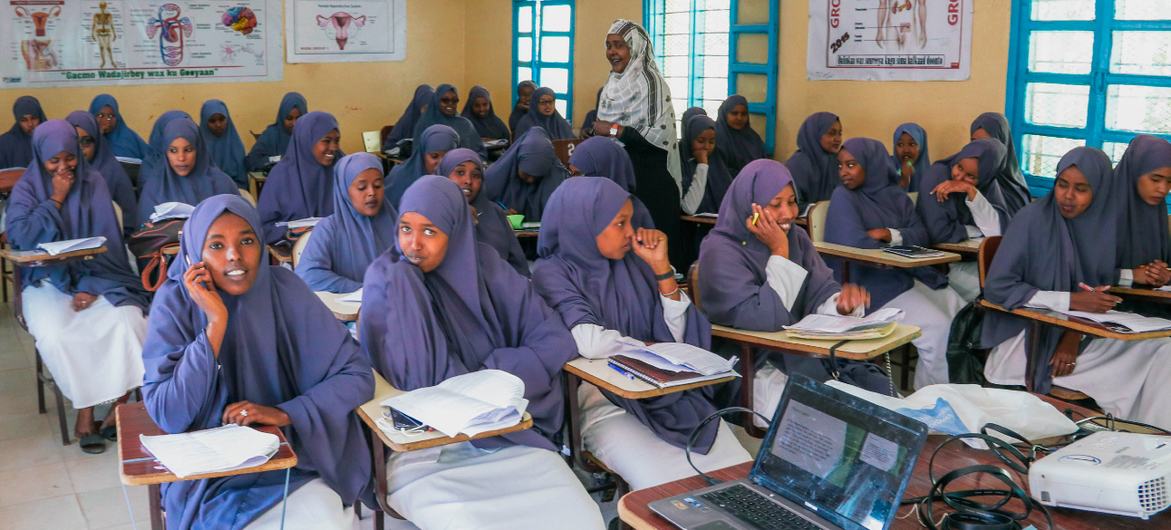Parliament slams State corporations for ignoring PWDs job quota
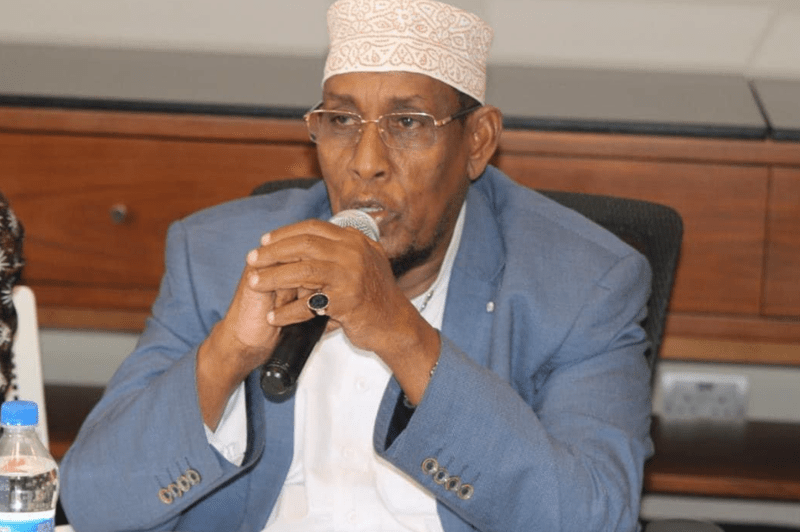
The National Assembly Committee on National Cohesion and Equal Opportunity said the law was being ignored despite clear provisions meant to promote inclusion in public employment.
The National Assembly has put state corporations on the spot for failing to observe the constitutional requirement that at least five per cent of jobs be reserved for persons with disabilities (PWDs).
The National Assembly Committee on National Cohesion and Equal Opportunity said the law was being ignored despite clear provisions meant to promote inclusion in public employment.
More To Read
- PS Oluga warns stigma denying thousands of PWDs vital health services
- Raila pushes for expanded devolution, says counties should run schools and local infrastructure
- Ruto signs laws to regulate gambling, shorten tenure of roads agency bosses
- MPs propose three-year term limit for state corporation CEOs
- World Bank unveils Sh16.5 billion initiative to empower Kenya’s vulnerable groups
- Health CS Aden Duale grilled over failure to deliver care for invisible disability patients
In a statement issued on Saturday, August 16, 2025, Parliament said the Committee, chaired by Mandera North MP Yussuf Adan Haji, made the findings during a review of workforce diversity with officials from key state agencies a day earlier.
“Appearing before the Committee were Kenya Rural Roads Authority (KeRRA) Director General Jackson Magondu, Kenya National Highways Authority (KeNHA) Acting Director General Luka Kimeli, and Geothermal Development Company (GDC) Managing Director Paul Ngugi,” the statement noted.
Data presented during the sessions showed that all three corporations fell short of the constitutional quota. KeNHA recorded the highest inclusion rate with 11 PWDs out of 474 employees (2.3 per cent), followed by GDC with 20 out of 904 (two per cent), while KeRRA employed only 9 out of 690 (1.3 per cent).
“It emerged that none of the agencies had met the constitutional requirement of reserving at least 5 per cent of jobs for PWDs,” Parliament stated.
Yussuf said the statistics reflected continued discrimination in state employment, warning that public bodies must lead by example in upholding the law.
“It is very sad that PWDs are still excluded from employment in key State agencies despite the Constitution stipulating that five per cent of positions be set aside for them,” Yussuf said.
He also cautioned that the committee would not allow non-compliance to persist.
“State bodies should lead by example and meet at least the minimum threshold. The Committee will not take it kindly if the marginalisation continues,” he added.
When asked to explain the failure, the agencies pointed to challenges such as few applications from PWDs, a lack of adequate qualifications among some candidates, and reduced recruitment in recent years, with many staff being seconded from parent ministries.
“The agencies cited a low number of applicants from underrepresented groups, inadequate qualifications among candidates, and limited recent recruitment, with many staff seconded from parent ministries,” the committee reported.
Top Stories Today
